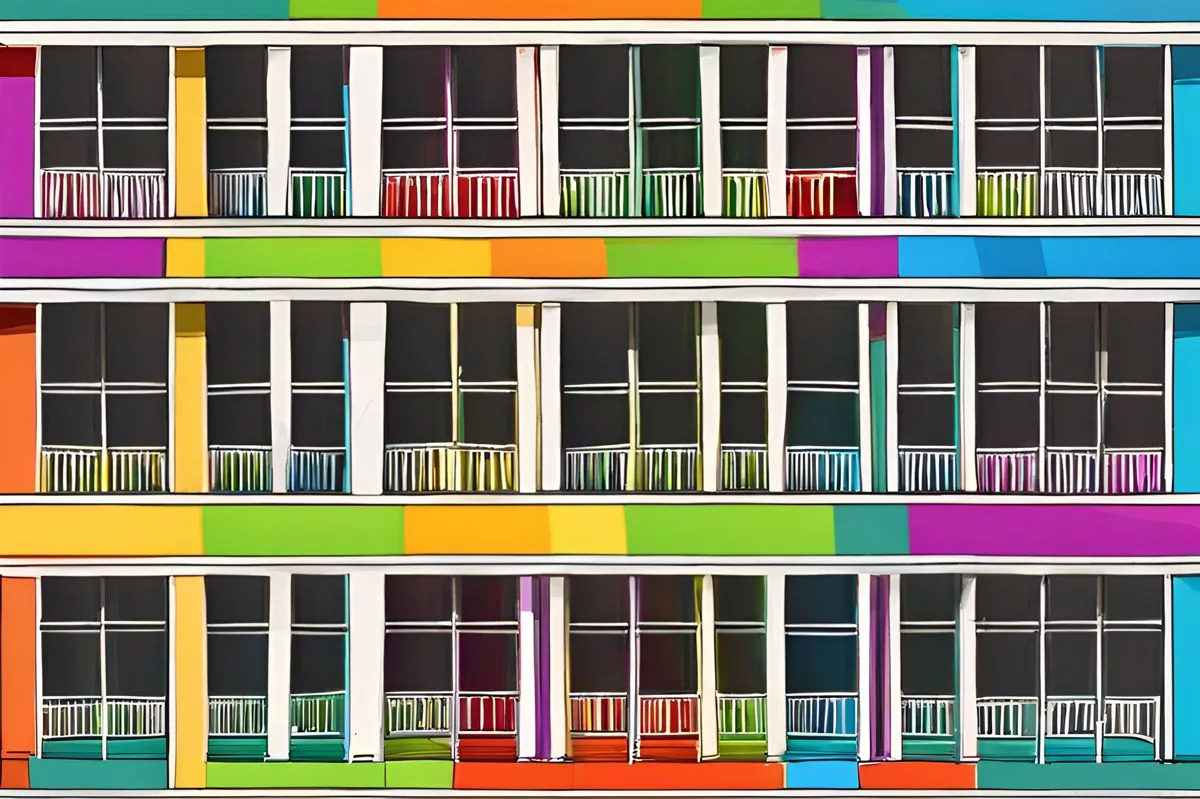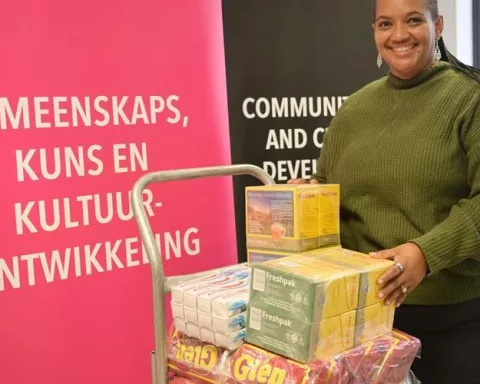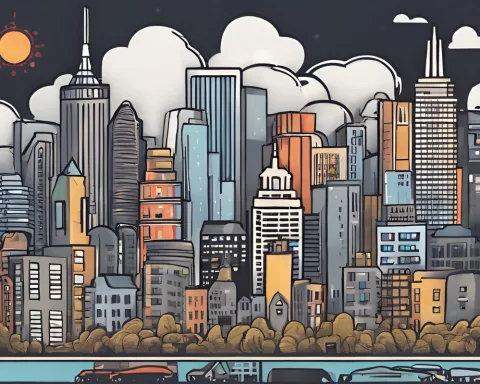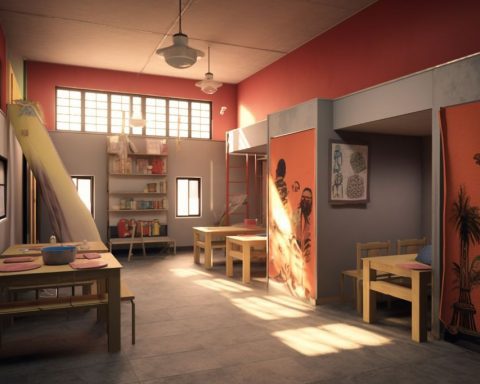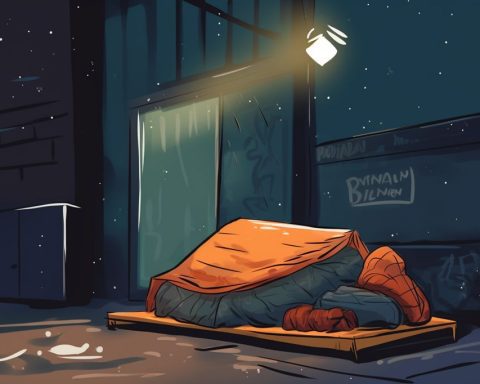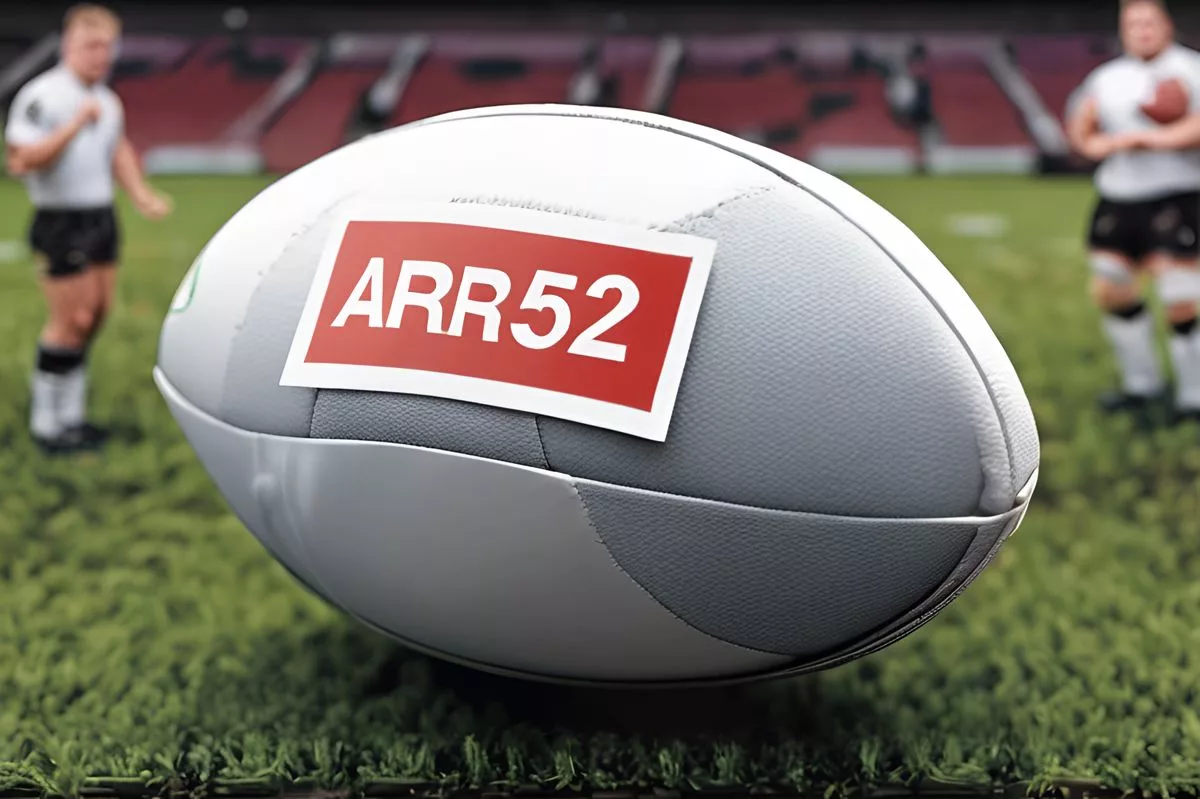The Green Point Tennis Court occupants in Cape Town have welcomed shelter and social aid offers after interactions led by the City of Cape Town’s social development personnel. The court ruling includes an eviction plan for remaining unlawful inhabitants who have not agreed to shelter offers, scheduled for post-7th February, and a prohibition against re-entry at the tennis courts and other city-owned public spaces mentioned in the order. The City’s diverse strategy to address this matter is a testimony to its dedication to promoting dignity, health, and wellbeing. The City is investing in extending its Safe Space transitional shelters and plans to operate these shelters beyond the existing 700 beds across CBD and Bellville facilities.
Green Point Tennis Court occupants have accepted diverse shelter and social aid offers after interactions led by the City of Cape Town’s social development personnel. The court ruling includes an eviction plan for remaining unlawful inhabitants who have not agreed to shelter offers, scheduled for post-7th February, and a prohibition against re-entry at the tennis courts and other city-owned public spaces mentioned in the order. The City’s diverse strategy to address this matter is a testimony to its dedication to promoting dignity, health, and wellbeing.
Shaping a New Phase
The narrative at Green Point Tennis Courts, once a bustling place embroiled recently in illegal occupation, is taking an optimistic turn. Presently, the majority of occupants have expressed willingness to accept diverse shelter and social aid offers. A pivotal change, this is a consequence of recent interactions led by the City of Cape Town’s social development personnel. This is a vast departure from the imminent eviction threat hanging over those unwilling to voluntarily leave the space, as per a Western Cape High Court directive.
The court’s decree has delineated a specific plan: eviction of the remaining unlawful inhabitants who haven’t agreed to shelter offers. This eviction is scheduled for the days post 7th February, under court guidance and with backing from law enforcement and City’s social development officials. The court ruling also comprises of an enduring prohibition against re-entry at the tennis courts and other city-owned public spaces mentioned in the order.
The majority of occupants have responded affirmatively to this. A substantial portion of them have taken up either a dignified transitional shelter offer or emergency housing kits to be set up on the landowner’s consented land.
Social Aid and Shelter: A Dignified Approach
Both City Safe Spaces and NGO-managed shelters provide an array of social programs. They are created to help those on the streets find a sustainable way back into society and to reconnect with their families. Personal development planning, employment opportunities, and referrals for mental health, medical, and substance abuse treatments are among these provisions.
The City’s diverse strategy to address this matter is a testimony to its dedication to promoting dignity, health, and wellbeing. Despite the upcoming eviction, the City persistently extends the shelter offer to everyone involved in this process. This insistence underscores a core belief: public spaces should be accessible and open to everyone.
Mayor Geordin Hill-Lewis emphasized, “No individual has the right to monopolize a public location as their own while continuously rejecting all shelter and social aid offers.”
City’s Expansion Plans and Commitment
Currently, the City is anticipating the High Court’s forthcoming decision on eviction orders for several homeless encampment sites in the CBD. Simultaneously, the City is substantially investing in extending its Safe Space transitional shelters. A R230 million investment over three years is intended to operate these shelters beyond the existing 700 beds across CBD and Bellville facilities.
At present, two Safe Spaces located at Culemborg in the east CBD provide 480 shelter beds. A new 300-bed Safe Space is also in the works, set to open in Green Point in the months ahead. The City has also recently supported a 63% bed increase at the CBD’s Haven Night Shelter, raising its capacity from 96 to 156 beds through a R500,000 cost contribution.
The City’s continuous commitment to social development is apparent in its budgetary allocations. For the fiscal year 23/24, the City’s social development budget to help people off the streets is earmarked at R94,75m, a 23% increase from 22/23. Over three years, R75m will be accessible through grant-in-aid funding to NGOs, including those assisting people off the streets.
A Holistic Approach to Aid and Shelter
These services prominently include the Matrix substance abuse treatment program, boasting an 83% success rate for clients, tackling a significant reason why people end up on the streets. In the year culminating in June 2023, the City facilitated almost 3,500 individuals with shelter placement or referrals to a range of social services. This assistance included 2,246 shelter placements, 112 family reunifications and reintegrations, 1,124 referrals to social services, and over 880 short-term contract job opportunities via the Expanded Public Works Programme.
The City’s Safe Space model is all-encompassing, providing a dignified shelter, comfort, ablutions, two meals per day, access to on-site social workers, personal development planning, family reunification services, access to substance and alcohol abuse treatments, skills training, job assistance, and EPWP work placement.
Anticipating the upcoming days, the story of Green Point Tennis Courts continues to unravel, illustrating a narrative of resilience, hope, and a firm commitment to social progress.
1. What is the situation with Green Point Tennis Court occupants in Cape Town?
The Green Point Tennis Court occupants in Cape Town have accepted diverse shelter and social aid offers after interactions led by the City of Cape Town’s social development personnel. The court ruling includes an eviction plan for remaining unlawful inhabitants who have not agreed to shelter offers, scheduled for post-7th February, and a prohibition against re-entry at the tennis courts and other city-owned public spaces mentioned in the order.
2. What is the City of Cape Town doing to address the situation?
The City of Cape Town is investing in extending its Safe Space transitional shelters and plans to operate these shelters beyond the existing 700 beds across CBD and Bellville facilities. The City’s diverse strategy to address this matter is a testimony to its dedication to promoting dignity, health, and wellbeing.
3. What kind of social programs are provided to those on the streets?
Both City Safe Spaces and NGO-managed shelters provide an array of social programs. They are created to help those on the streets find a sustainable way back into society and to reconnect with their families. Personal development planning, employment opportunities, and referrals for mental health, medical, and substance abuse treatments are among these provisions.
4. What is the City’s commitment to social development?
The City’s continuous commitment to social development is apparent in its budgetary allocations. For the fiscal year 23/24, the City’s social development budget to help people off the streets is earmarked at R94,75m, a 23% increase from 22/23. Over three years, R75m will be accessible through grant-in-aid funding to NGOs, including those assisting people off the streets.
5. What kind of services are provided at the City’s Safe Spaces?
The City’s Safe Space model is all-encompassing, providing a dignified shelter, comfort, ablutions, two meals per day, access to on-site social workers, personal development planning, family reunification services, access to substance and alcohol abuse treatments, skills training, job assistance, and EPWP work placement.
6. What is the Matrix substance abuse treatment program?
The Matrix substance abuse treatment program has an 83% success rate for clients, tackling a significant reason why people end up on the streets. It is one of the many social programs provided by City Safe Spaces and NGO-managed shelters.

